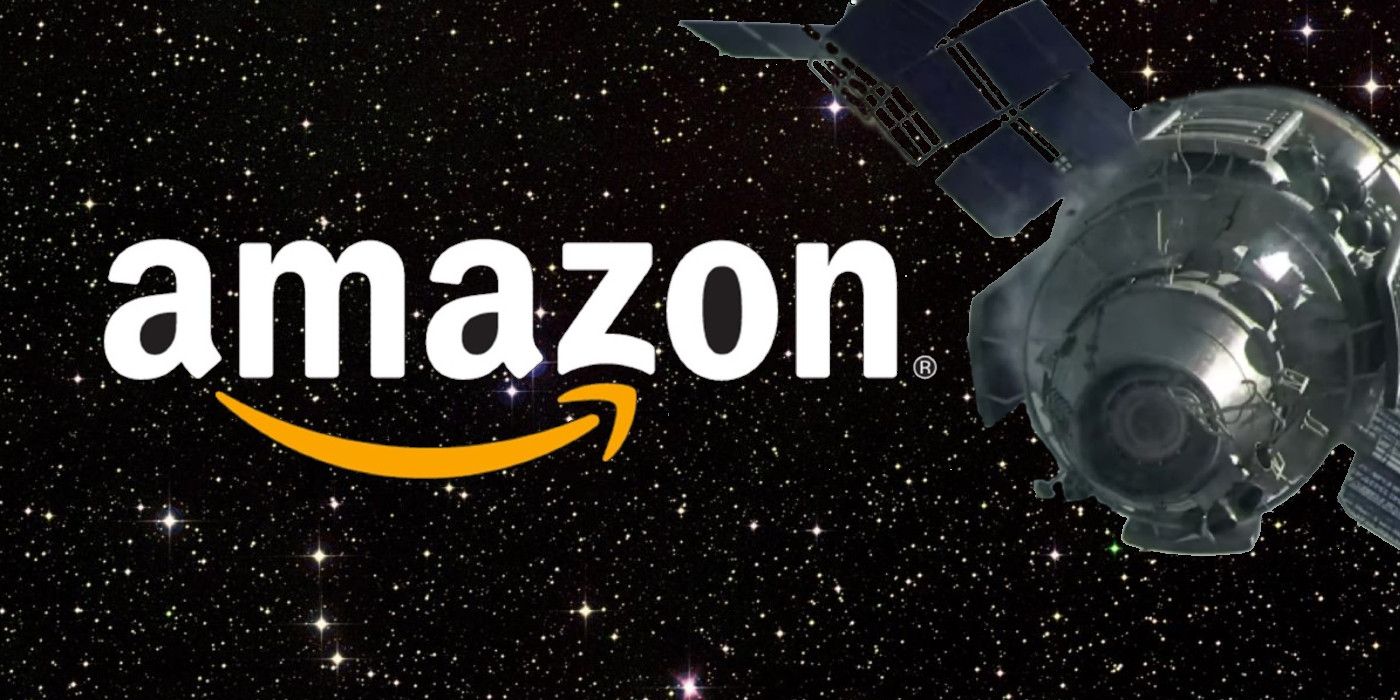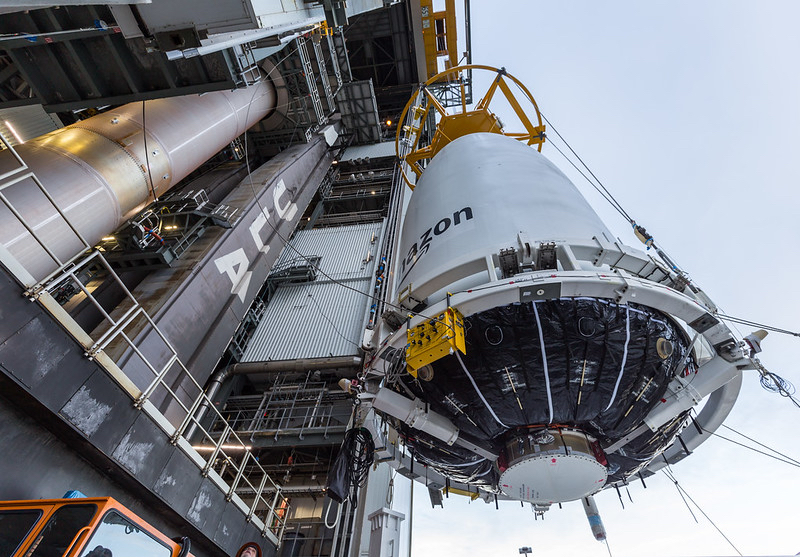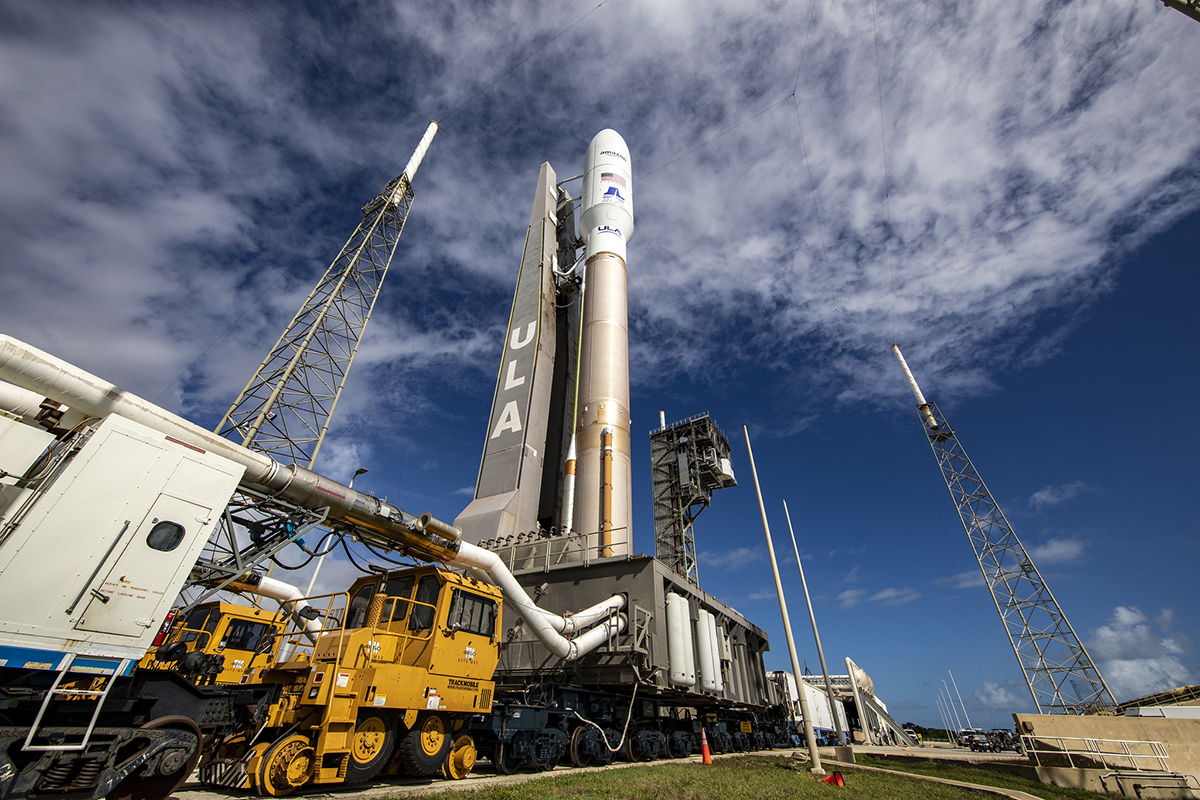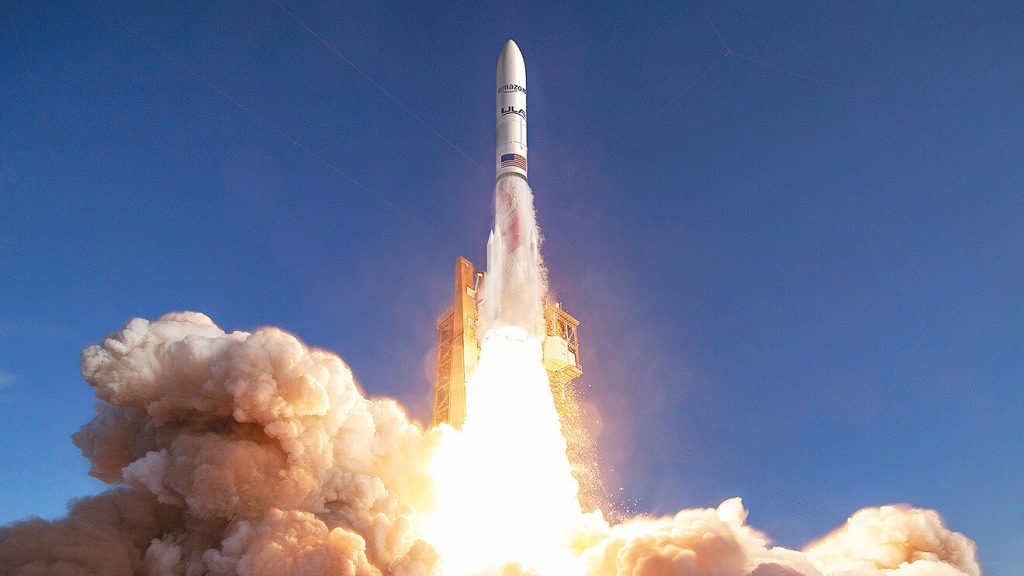Table of Contents
- Project Kuiper: Amazon' Low-Latency Broadband Satellites Explained
- Amazon's inaugural project Kuiper test satellites set for launch on 6 ...
- Project Kuiper: Amazon signs up for 83 launches for its SpaceX Starlink ...
- Project Kuiper может принести Amazon 0 миллиардов прибыли
- Atlas 5 delivers first Amazon internet satellites to orbit on Friday ...
- Amazon's Project Kuiper Expands Satellite Services | VoIP Review
- Amazon Launches First Project Kuiper Satellites to Orbit - The New York ...
- Watch Amazon launch its first low-Earth-orbit satellites live
- Amazon's first Project Kuiper internet satellites will launch on Vulcan ...
- Amazon's Project Kuiper Expects To Ship The First Satellites This ...

Amazon's ambitious Project Kuiper, a low-Earth orbit (LEO) satellite constellation aimed at providing global internet connectivity, has been making headlines for its potential to revolutionize the way we access the internet. The project, announced in 2019, promises to deliver fast, reliable, and affordable internet to underserved communities around the world. However, the inaugural launch of Project Kuiper has left many wondering what exactly happened.


The Launch and Its Aftermath

On April 6, 2023, Amazon's Project Kuiper launched its first two prototype satellites, KuiperSat-1 and KuiperSat-2, aboard a United Launch Alliance (ULA) Atlas V rocket from Cape Canaveral Space Force Station in Florida. The launch was initially deemed a success, with both satellites reaching their intended orbit. However, shortly after the launch, Amazon announced that the satellites had experienced some issues, including a malfunctioning antenna and a problem with the power system.

According to Amazon, the issues were caused by a software glitch that prevented the satellites from deploying their solar panels and communicating with ground stations as planned. The company stated that the satellites were still operational, but their performance was affected, and they were not able to transmit data as intended. Despite the setbacks, Amazon expressed confidence in the project's overall viability and promised to learn from the experience to improve future launches.


Implications and Future Plans

The inaugural launch of Project Kuiper may have encountered some hiccups, but it has not deterred Amazon from its ambitious plans. The company has already announced plans to launch a second set of satellites in the coming months, with the goal of establishing a constellation of over 3,000 satellites in the next few years. Amazon has also partnered with several companies, including Verizon and Lockheed Martin, to develop the necessary technology and infrastructure to support the project.

The success of Project Kuiper has significant implications for the future of satellite internet. With the ability to provide fast and reliable internet connectivity to remote and underserved areas, the project has the potential to bridge the digital divide and bring countless benefits to communities around the world. From improved education and healthcare to enhanced economic opportunities and social connections, the impact of Project Kuiper could be profound.

While the inaugural launch of Amazon's Project Kuiper may not have gone exactly as planned, it marks an important step towards a new era in satellite internet. With its commitment to innovation and perseverance, Amazon is poised to make a significant impact on the global internet landscape. As the project moves forward, it will be exciting to watch how it unfolds and what benefits it will bring to communities around the world. With its potential to revolutionize the way we access the internet, Project Kuiper is definitely a project to keep an eye on in the coming years.
Stay tuned for more updates on Amazon's Project Kuiper and the latest developments in the world of satellite internet. With the rapid advancement of technology and the growing demand for global connectivity, the future of internet access is looking brighter than ever.
Key Takeaways:
- Amazon's Project Kuiper launched its first two prototype satellites, KuiperSat-1 and KuiperSat-2, on April 6, 2023.
- The satellites experienced some issues, including a malfunctioning antenna and a problem with the power system.
- Amazon has announced plans to launch a second set of satellites in the coming months and establish a constellation of over 3,000 satellites in the next few years.
- The success of Project Kuiper has significant implications for the future of satellite internet and the potential to bridge the digital divide.
Follow us for more updates on technology and innovation.